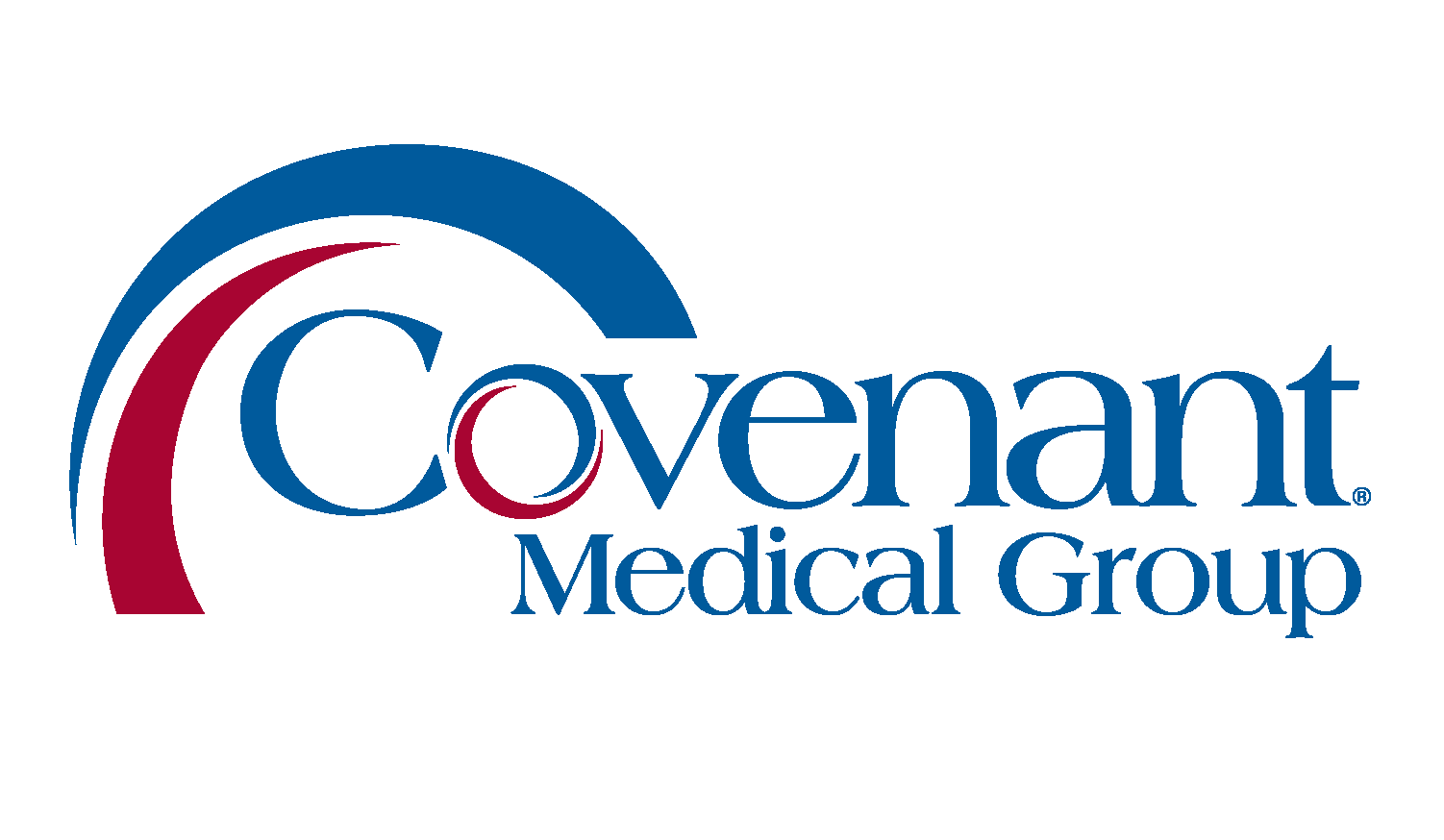 It was a beautiful summer day, but Laurie could feel the tension in the air as she anticipated her opponent’s next move. Whack! She sprinted towards the net, stretched out her racquet, and smashed the ball, sending it past her sister for the final winning point. She smiled, red-faced and out of breath. I’m only 34, she thought as she chugged her bottled water. I shouldn’t be this exhausted from a pick-up tennis match! Her older sister, Patricia, gave a knowing smile and shook her head as she dried the sweat beads from her neck with a towel. “We are so out of shape!,” she called from across the court.
It was a beautiful summer day, but Laurie could feel the tension in the air as she anticipated her opponent’s next move. Whack! She sprinted towards the net, stretched out her racquet, and smashed the ball, sending it past her sister for the final winning point. She smiled, red-faced and out of breath. I’m only 34, she thought as she chugged her bottled water. I shouldn’t be this exhausted from a pick-up tennis match! Her older sister, Patricia, gave a knowing smile and shook her head as she dried the sweat beads from her neck with a towel. “We are so out of shape!,” she called from across the court.
At age 43, Patricia had been diagnosed with breast cancer a few months earlier. It was a shock to everyone. She never had any major health concerns and from the outside, appeared perfectly fine. She and Laurie had been blessed with skinny genes and had never experienced weight problems. However, numbers on a scale don’t tell you much about physical fitness. Even though both women had perfectly normal BMIs, they were both extremely out of shape. They were too busy with life: kids, dinner, homework, dishes, laundry, etc. Exercise was not a priority; there was too much important stuff to do! When “me” time did occur, it only lasted long enough to shave half a leg before it was interrupted by tiny knocks on the bathroom door. Exercise? Please.
When Patricia was diagnosed with breast cancer, perspectives on exercise changed for both sisters. Patricia’s doctor told her that by maintaining an active exercise regimen, she would lower her risk of cancer recurrence. He also mentioned that Laurie might want to increase her physical activity as well, seeing as how exercise has been proven to lower the risk of the initial diagnosis. As summer approached, Laurie and Patricia made a conscious decision to do the hard thing and improve their health. Taking advantage of the warm summer weather, they laced up their tennis shoes and hit the courts.
So, you may be wondering: How exactly does exercising prevent breast cancer? Estrogen is a hormone with many functions. It stimulates breast growth during puberty and pregnancy, and in the same way, it can simulate breast cancer to grow. However, after estrogen does its intended job, enzymes it down into healthy and unhealthy by-products. An unhealthy bi-product of estrogen, 16α-hydroxyestrone (16α-OHE1), increases the risk of breast cancer. For reasons we have yet to discover, women who exercise produce less of this harmful estrogen by-product and more of the benign, 2-hydroxyestrone (2-OHE1).
Production of this benign by-product is most commonly seen in non-obese, premenopausal women. who are not obese. e un-harmful by-product is particularly pronounced in the non-obese premenopausal woman not obese. Women who are obese produce large amounts of estrogen. Such a large amouth, in fact, that even if they were to exercise, the benefits of such exercise would still not outweigh the harmful effects of 16α-OHE1 released during estrogen breakdown.
Any cardiovascular activity that raises your heart rate, such as walking quickly, playing tennis, or vigorous house cleaning, will greatly improve your overall health. A tip to remember: If you’re breathing heavier than normal, but not panting or short of breath, you are in your target heart range. Your body should be in this active state for 150 minutes a week– that’s only 2.5 hours! If you find moderate exercise a bore, challenge yourself. Vigorous exercise may lower your risk of breast cancer even further and you need only 75 minutes/week when exercising at that rate.
(Read more on how to estimate your target heart rate and prevent breast cancer: Target Heart Rates by the American Heart Association)
At first, Laurie began taking evening walks with her husband after dinner for 20 minutes. Her pace was slow, but after a few weeks, she could walk much faster and increased her time to 45 minutes. She and her husband used this time to re-connect and became closer in their relationship. Laurie and her sister also took up tennis and scheduled time to play a couple times a week. Laurie noticed that her stress began to improve. One morning, after zipping up her favorite dress, she noticed that it didn’t fit the way it used to. She stepped on the bathroom scale, and to her surprise, she had lost 20 pounds!
